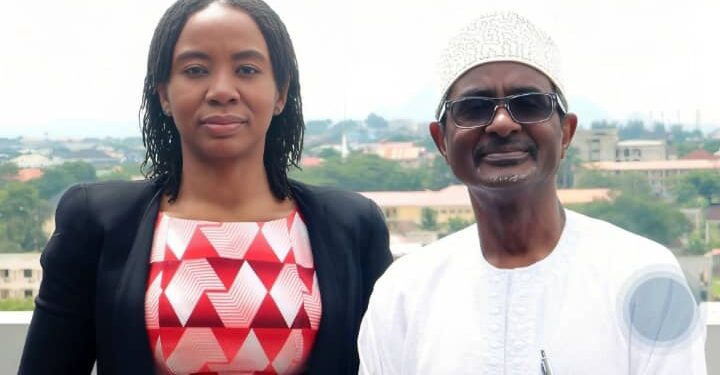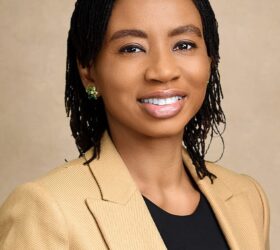The Director General of the National Pension Commission (PenCom), Ms. Omolola Oloworaran, has raised alarm over widespread non-compliance with the Pension Reform Act (PRA) 2014 by media organisations in Nigeria, revealing that newspaper owners owe journalists over N720 million unpaid pension contributions.
Speaking during a courtesy visit to the President of the Newspaper Proprietors’ Association of Nigeria (NPAN), Mr. Kabiru Yusuf, in Abuja on Monday, Ms. Oloworaran described the findings as “very troubling” and called for urgent collaboration between PenCom and newspaper proprietors to enforce compliance across the sector.
PenCom acknowledged the deep value of the role of the media in shaping public discourse, and said it is disheartening that many organisations within the media are failing to meet a fundamental obligation to their employees.
The Director General said PRA 2014 mandates all employers to remit pension contributions for their employees monthly, within seven days of salary payment. However, she said PenCom’s investigations show that many newspaper houses have ignored this obligation, with arrears totalling over N720 million.
Ms. Oloworaran told NPAN that PenCom is not seeking to penalise erring organisations at this stage but prefers a collaborative approach to achieving sector-wide compliance. She added that PenCom has been engaging employers across industries and recently held discussions with the Nigerian Press Council (NPC) to drive awareness and compliance in newspaper organisations.
While noting the overall poor compliance within the industry, the DG singled out Daily Trust for commendation, describing the paper as a “leading example” for consistently meeting its pension obligations since 2015.
Responding, NPAN President, Kabiru Yusuf, acknowledged the pension compliance issues in newspaper organisations in Nigeria but urged PenCom to understand the dire financial situation of the media industry.
NPAN President said the reality is that many newspapers in Nigeria are struggling to even pay staff salaries, let alone pension contributions, adding that only a few are managing to stay afloat, and even among them, there is often reluctance to part with money for statutory payments like tax and pensions.
He welcomed PenCom’s engagement efforts and proposed a broader industry dialogue through the Nigerian Press Organisation (NPO), a coalition that includes NPAN, the Nigerian Guild of Editors (NGE), and the Nigeria Union of Journalists (NUJ). Yusuf suggested that PenCom participate in an expanded meeting of stakeholders in Lagos this year, where the challenges of compliance and potential solutions can be jointly addressed.
Ms. Oloworaran agreed to the proposal, expressing hope that such a forum would serve as a meaningful step toward sustainable pension reform compliance in the media.
“We are not focused on being punitive because the law allows us to sanction. That is not what we are looking at. I believe we can work together to get all these media houses to make the necessary contributions towards the financial security of their workers,” the DG said.
The meeting marked a renewed effort by PenCom to hold employers in the media sector accountable and compliant with the PRA 2014.





































